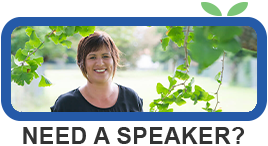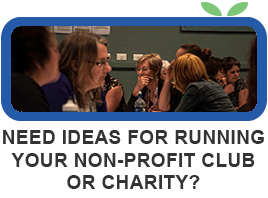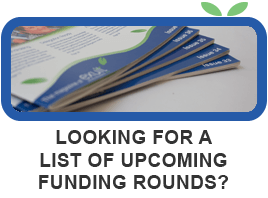Last updated October 24, 2014
More and more non-profits are recognising that Facebook is a legitimate marketing and communication tool, but many are still unsure about how to use it well. And to be fair, if you don’t use Facebook in your personal life, it’s understandable that the online world is a little confusing.
While it’s impossible to sum up every Facebook ‘how-to’ in a single blog post, we can give you the basics. If you’re going to get started with Facebook, make sure you do the following:
Have a ‘Page’ not a ‘Profile’.
A page is public, and allows anyone to find and engage with your organisation. People can simply ‘like’ the page to be kept in the loop. A profile is private, and people have to be accepted as a friend before accessing information. This makes it hard to attract new supporters, and in fact using a profile as an organisation is against Facebook rules.
Know what you are trying to achieve.
Facebook is not about ‘sales’, as much as it is about ‘relationships’. Know what your organisation is trying to achieve using social media, and make sure you have policies and procedures in place to reflect that purpose. Focus on engaging with your Facebook audience, not just broadcasting the news.
Have a ‘Content Plan’.
Create a monthly calendar which outlines the type of content you want to share with your Facebook audience – and then use Facebook scheduling to set up the posts ahead of time. Make sure the content is well balanced eg. Funny vs. Thought Provoking, Information vs. Ideas, Broadcast vs. Engagement.
Use images.
Posts with images attached generate much more interest and engagement. Make use of online tools to create your own unique images to share, and get in the habit of taking photos in and around your organisation. A picture really does paint a thousand words.
Respond and Engage.
Think of Facebook as an online conversation. In real life you wouldn’t say ‘Hey, come and look at this photo’ and then simply walk away. If you start a conversation, you need to be prepared to continue it. Set up notifications so that you know when people have engaged with your post.
Make sure you have more than one administrator.
Not only does this help share responsibility for posting, it safeguards the page should anyone leave the organisation unexpectedly. You can set people up at different levels, so that appropriate security is maintained.
Don’t be afraid of Facebook Advertising.
Facebook Advertising is incredibly targeted, you can set your own budget and use it as often, or as little as you like. It’s also easy to measure, so you can tell if you are making the most of your marketing budget.




